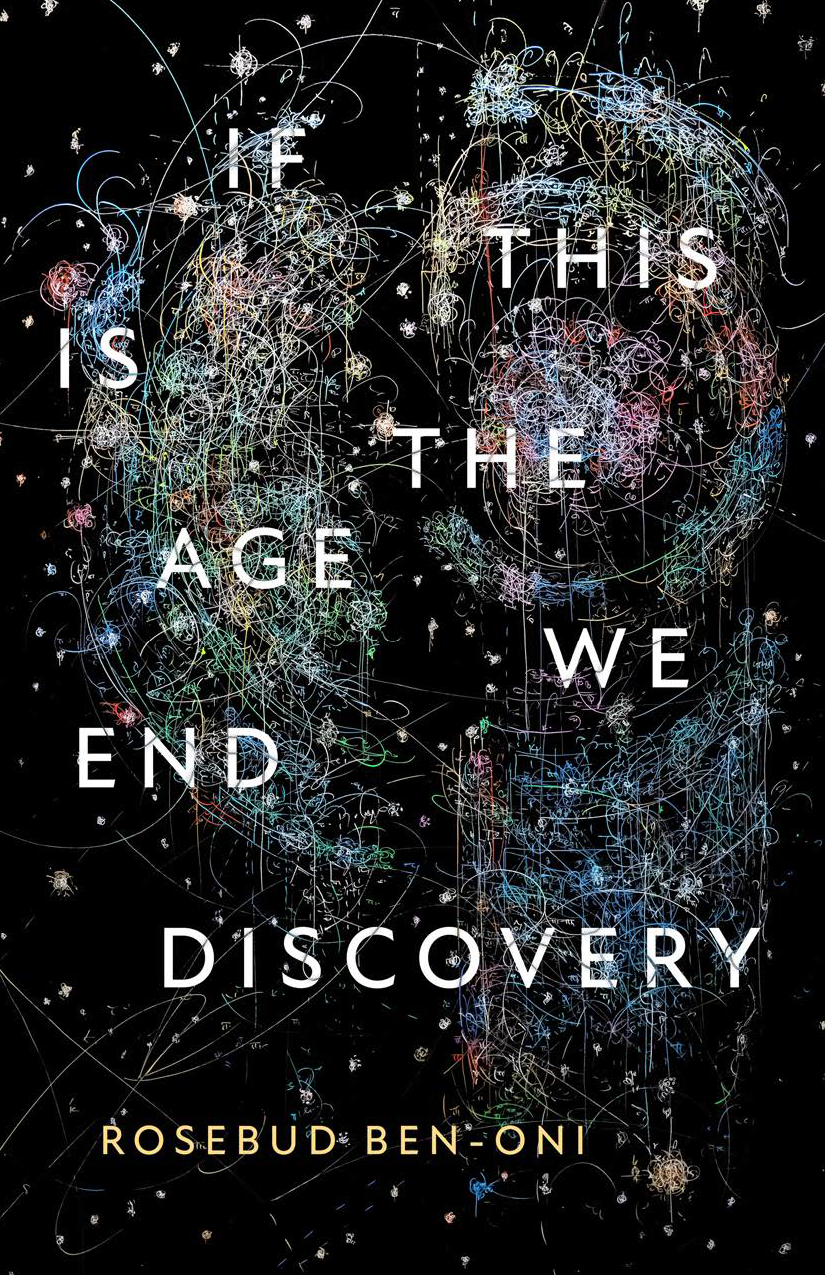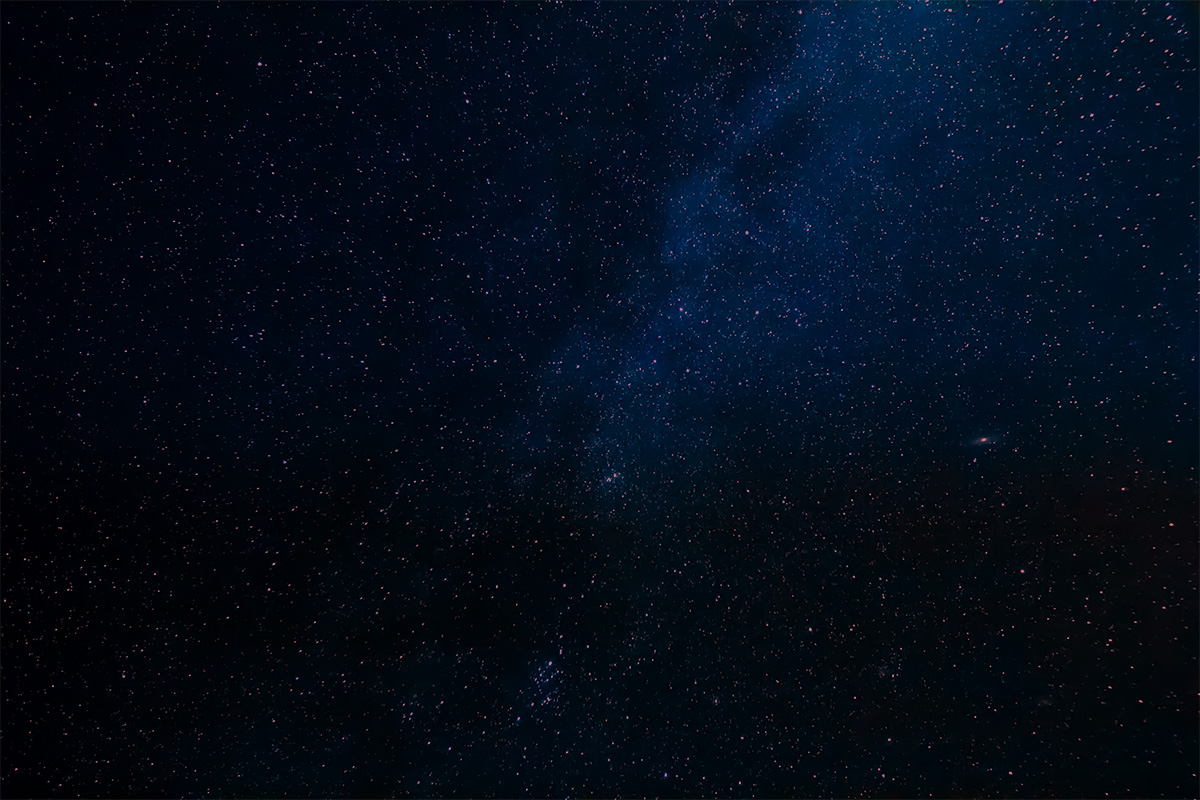I came to Rosebud Ben-Oni’s book like I came to Judaism: unexpectedly, emotionally and on my college campus. Opening “If This Is the Age We End Discovery,” I was looking to be soothed — not necessarily to be healed, but to be understood.
When I was 19, my world began shifting. I was developing more intense symptoms of my mental illness, often struggling to communicate my thoughts out loud and slipping away from reality for days at a time. It seemed like I was always grasping at the edges of my own life, fighting to keep myself from fading. I wanted to comprehend my own grief, to be reassured that, although it felt like it, I wasn’t the only person in the world coping with the loss of the self.
Enter Rosebud Ben-Oni’s “If This Is the Age We End Discovery.” Born to a Mexican mother and a Jewish father, Ben-Oni’s poetry is playful yet devastating, and it is steeped thoroughly in her identities. Nothing is off-limits in this collection — not Judaism, not chronic illness, not physics, not “Rick and Morty.”

Not even “nothing” is spared. In the collection, Ben-Oni takes a metaphorical microscope to the concept of zero, picks it apart with her poetry. She grapples with everything that exists within nothing: what it means to be nullified, to become something that can’t be pinned down by faith or language or numbers, to both exist and cease to exist at the same time. In the poem “{All I Wanted Was Everything},” she writes:
You say you’d stake your life
in trying to understand
why gravity, like me, crushes
& slips through your hands,
Becoming ill after living a life without symptoms is, simply put, incredibly scary to endure. It can be even stranger for the people in your life who watch as you become nullified by your own brain and body. They don’t understand, and trying to explain feels as futile as trying to prove the existence of nothing. So the only thing left to do is ask questions — which Ben-Oni does throughout the book. She uses her poetry to grapple with the abstract. Most of her poem titles are structured as “Poet Wrestling with X.” She meditates, dissects and, of course, questions her subjects (which include life inside a simulation and “Bunnicula,” among others). Questioning is a very Jewish act, and, going further, so is wrestling — Rabbi Arthur Waskow famously translates Israel as “God-Wrestler.”
The first time I met with my rabbi, she told me that questions were okay. Fear was okay. Uncertainty was something to feel not in spite of Jewish practice, but as part of it. While I trusted her completely, I still felt deeply troubled when I experienced my first substantial anger toward God following the emergence of my symptoms: Why was this happening to me? How could Hashem let me experience a life with clarity and then rip reality away from me as I entered my twenties — right when most people start solidifying their identities? None of it felt fair, but as “If This Is the Age We End Discovery” reminds us, life seldom does.
When Rosebud Ben-Oni came to my college, I wasn’t prepared for the weight of her reading. It’s one thing to take in the words on a page; it’s another to be bathed in the poet’s voice, immersed entirely in her world. The room cried as she read from her book, and for the first time I felt that feeling I had been longing for since age 19. I was wholly seen by the content of her poems, my own nullification made visible by her poetry. I wept hard that night after shakily telling her that her book “meant a lot” to me because funnily enough, due to my illness, my words wouldn’t form the sentence I meant them to.
So I’ll say it now: “If This Is the Age We End Discovery” truly changed my life. My outlook on my Judaism and my illness will never be the same — and the way those two facets of my identity interact is forever changed for the better. I now know that “becoming nothing” is still “becoming.” Nullification is only transformation.



